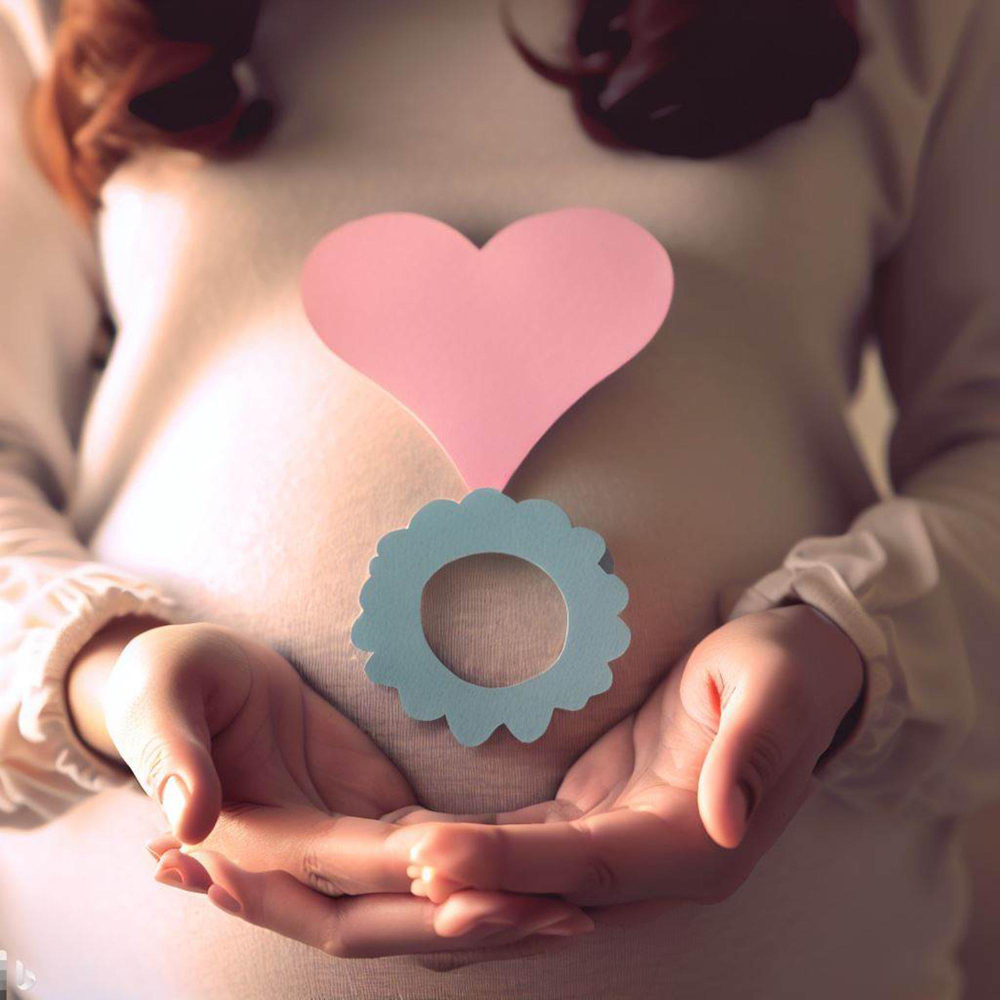Introduction:
Are you thinking about donating eggs in New Jersey? A selfless gesture like egg donation has the power to transform lives. The requirements and procedure for egg donation in the Garden State will be explained in detail in this detailed guide. From the requirements for qualifying to the nuances of the donation process, we’ll cover it all. Join me as we set out on this important journey.
- Understanding the Importance of Egg Donation
The assisted reproductive technology (ART) that enables infertile people and couples to realise their dream of motherhood includes egg donation. Over 8% of couples in the United States who are of reproductive age struggle with infertility, according to the American Society for Reproductive Medicine.
- Eligibility Criteria for Egg Donation
Before diving into the process, it’s essential to understand the eligibility criteria for egg donors in New Jersey. Typically, the requirements include:
- Age: Most egg donation programs require donors to be between 21 and 32 years old. This age range ensures optimal egg quality.
- Health: You should be in good physical and mental health, with no significant medical issues.
- Non-Smoker: Smoking can negatively impact egg quality, so most programs prefer non-smoking donors.
- BMI: Maintaining a healthy body mass index (BMI) is crucial.
- No Genetic Disorders: A family history free of hereditary conditions is usually preferred.
- Education: While not always a strict requirement, higher education is often preferred.
- Finding the Right Egg Donation Program
Numerous trustworthy egg donation programmes are available in New Jersey. Find one that fits with your aims and ideals by doing some research. The Centres for Disease Control and Prevention (CDC) reported 464 egg donation cycles in New Jersey in 2018.
- The Application Process
After deciding on a programme, you must fill out an application. Typically, this entails sharing personal and medical data as well as submitting to genetic testing and psychiatric evaluations.
- Medical Evaluation
If your application is accepted, you’ll undergo a comprehensive medical evaluation. This includes fertility testing, infectious disease screenings, and a physical examination.
- Legalities and Consent
Egg donation involves legal agreements outlining your rights and responsibilities. Consult with legal experts to ensure you fully understand the legal aspects of the process.
- Hormone Stimulation
After deciding on a programme, you must fill out an application. Typically, this entails sharing personal and medical data as well as submitting to genetic testing and psychiatric evaluations.
- Egg Retrieval Procedure
A quick surgical operation is used to remove the eggs once they have grown. To ensure your comfort, this procedure is often performed while you are sedated.
- Post-Retrieval Recovery
Recovery time after the procedure is minimal. You may experience mild discomfort, but it usually subsides within a few days.
- The Rewarding Experience
The last stage of your egg donation journey is realising how much of an impact you’ve made in someone else’s life. Your deed of compassion may contribute to the formation of a devoted family, which is an amazing reward in and of itself.






